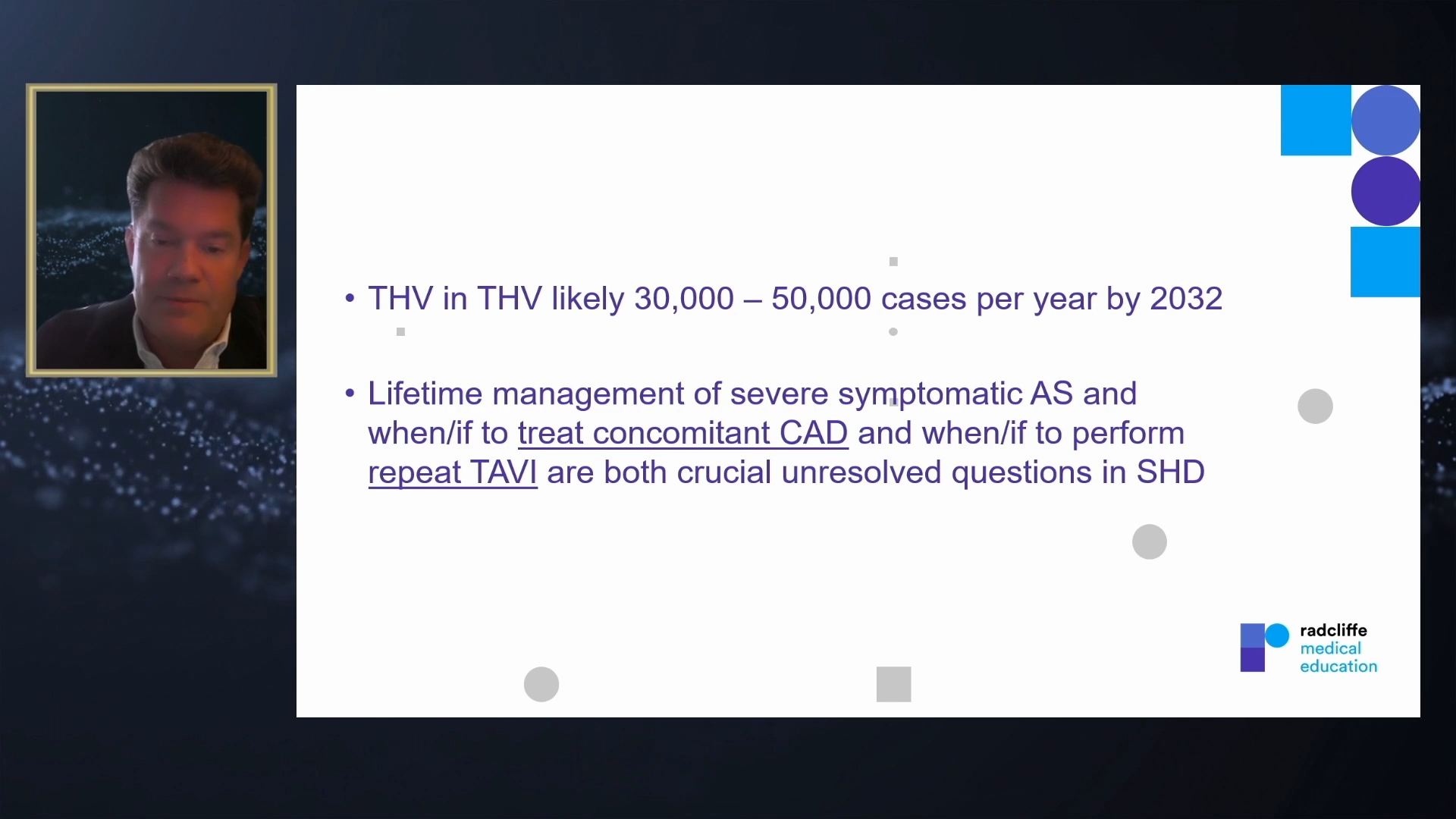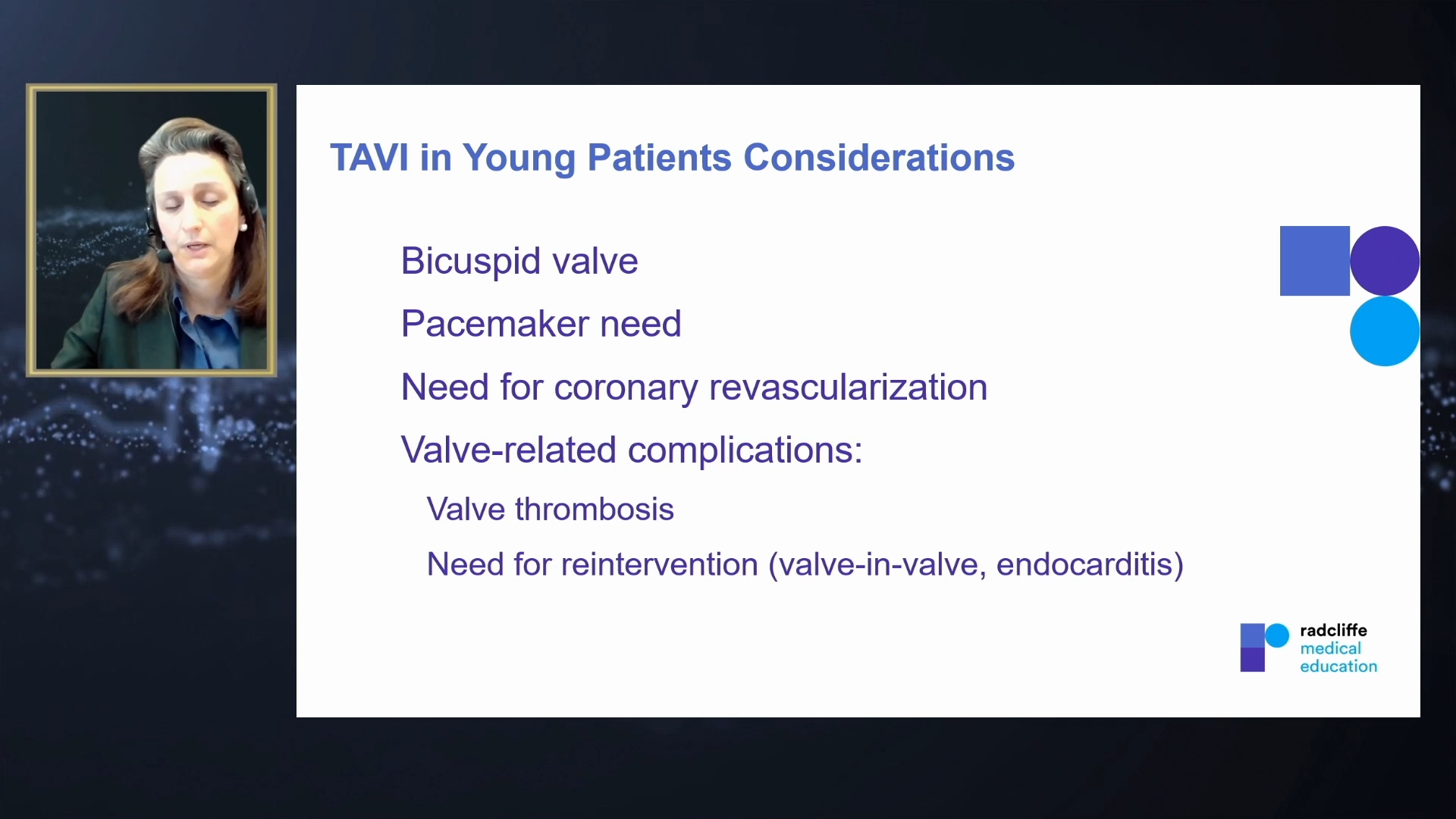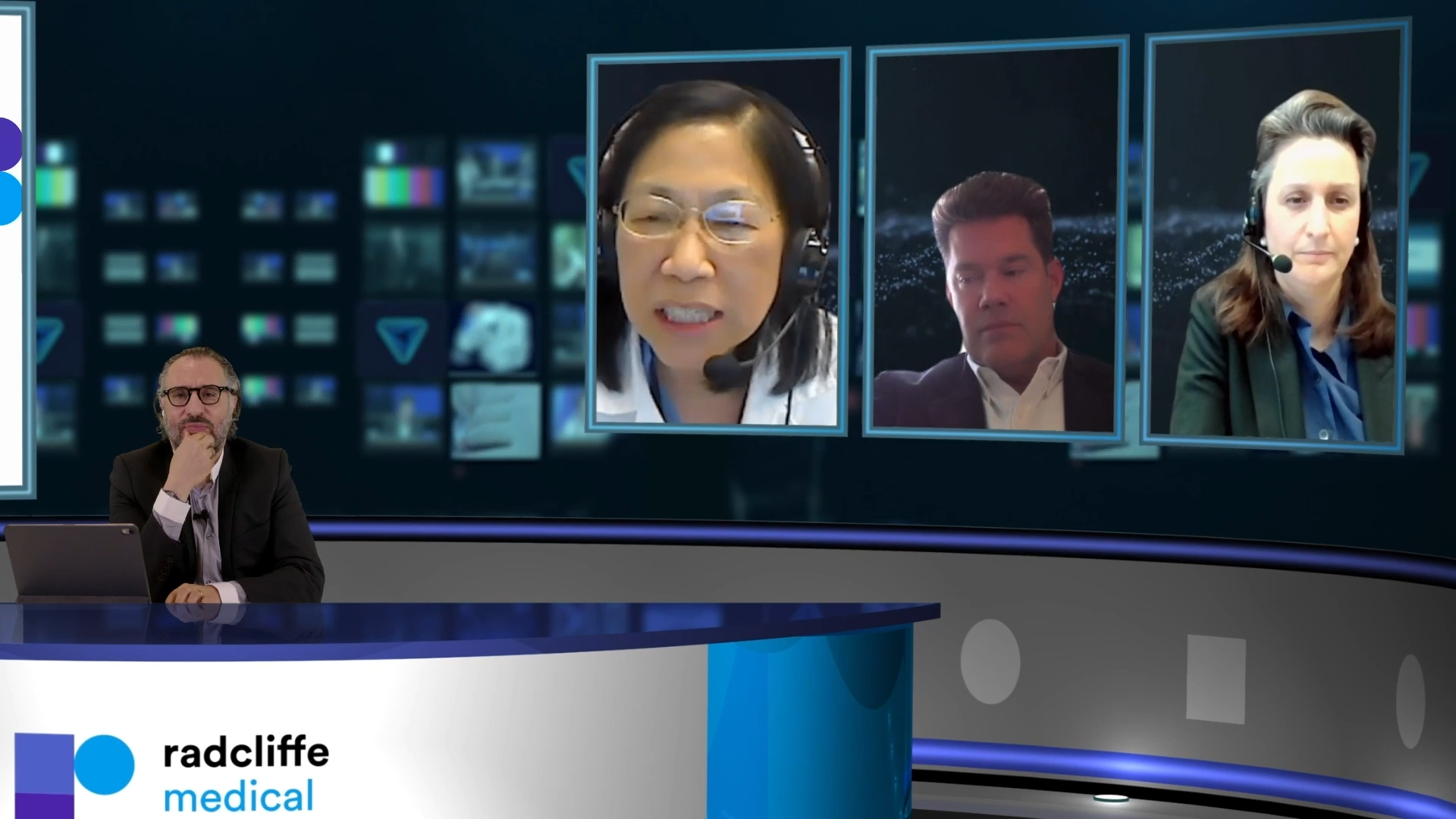Severe Aortic Stenosis: Stratifying Patients for Lifetime Management
Published: 12 April 2022
-
Views:
 1172
1172
-
Likes:
 7
7
-
Views:
 1172
1172
-
Likes:
 7
7
Overview
In this symposium, part of the Transcatheter Interventions Online 2022, the faculty consider when to use a surgery or TAVI-first approach, summarise clinical evidence to date and assess possible management scenarios by way of clinical cases.
The symposium consists of three presentations followed by a faculty discussion.
Note, this on-demand version is not CME accredited.
Key Learning Objectives
- Describe the challenges with lifetime management in severe AS in both a SAVR and TAVI-first scenario
- Summarise clinical evidence for TAVI in low surgical risk patients
- Recall different guideline recommendations for SAVR and TAVI approaches
- Assimilate current clinical knowledge with patient preferences when formulating treatment plans for severe AS patient
Target Audience
- Interventional cardiologists
- Surgeons with an interest in transcatheter treatment strategies for coronary and structural heart disease
- Interventional cardiology nurses
More from this programme
Part 1
Forward Planning in Severe AS
| 1 session | |
| Forward Planning in Severe AS | Watch now |
Part 2
SAVR vs TAVI in Younger Patients - What do the Clinical Data tell us?
Part 3
SAVR or TAVI First in Younger Candidates: A Question of Hypotheticals?
Faculty Biographies
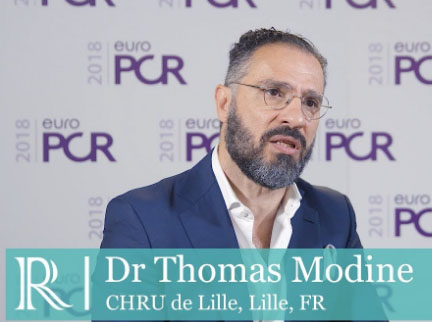
Thomas Modine
Cardiovascular and Thoracic Surgeon
Dr Modine graduated from Lille University Hospital, France. He has MD, PhD and MBA degrees and is a renowned surgeon in TAVI, TMVR, minimally invasive surgery and valve sparing techniques. He is also involved in basic science research programmes and is developing a percutaneous mitral programme with IP. From 2004 to 2006, Thomas completed a PhD thesis and then went on to complete a 1-and-a-half-year fellowship at Harefield Hospital, London. Later he dedicated his training to the development and progress of percutaneous techniques and heart team approach. His research interests are in aortic valve complex, bioengineering, beating heart surgery, hybrid approaches, TAVI and TMVR. Both basic and clinical aspects of research experiences are studied. He is currently working as a consultant cardiac surgeon at Lille University Hospital and professor at Jiao Tong University, Shanghai.
Thomas is an editorial board member of Interventional Cardiology: Reviews, Research,…
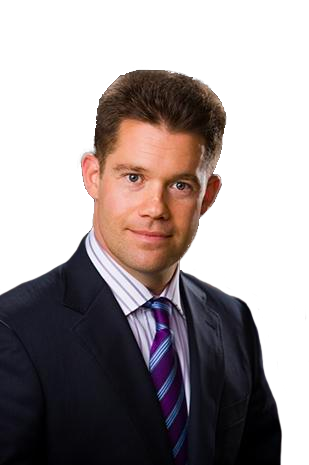
David Wood
Dr David Wood works as an interventional cardiologist at Vancouver General Hospital.
David is a professor in the Department of Medicine at the University of British Columbia and a co-founding member of the Centre for Heart Valve Innovation in Vancouver.
He serves as the President of the Canadian Association of Interventional Cardiology.
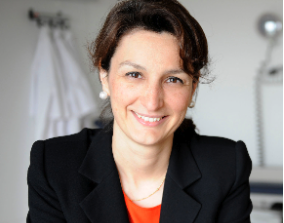
Victoria Delgado
Cardiologist and Assistant Professor of Cardiology
Dr Victoria Delgado is a board certified cardiologist with specific expertise in multimodality imaging, Assistant professor of Cardiology at the Leiden University Medical Center. For the past 13 years, she has been actively performing research in the field of cardiac mechanics and underlying pathophysiological mechanisms of heart failure in various cardiac diseases, particularly in valvular heart disease and coronary artery disease.
Victoria has been board member of the European Association of Cardiovascular Imaging (councillor and chair of scientific documents), task force member of the European Society of Cardiology (ESC) Guidelines, member of the ESC Guidelines committee and Congress Programme Committee and currently ESC board member. Furthermore, she is an associate editor of Circulation and Journal of American Society of Echocardiography.

Rebecca T Hahn
Director of Interventional Echocardiography
Rebecca T Hahn is Director of Interventional Echocardiography at NewYork-Presbyterian/ Columbia University Medical Center, US. She also serves as Professor of Clinical Medicine at Columbia College of Physicians and Surgeons. Dr Hahn completed her medical training at University of Washington School of Medicine, and her residency and fellowship at NewYork-Presbyterian Hospital/Weill Cornell Medical Center. Dr Hahn is board certified in cardiovascular disease, internal medicine and echocardiography.






